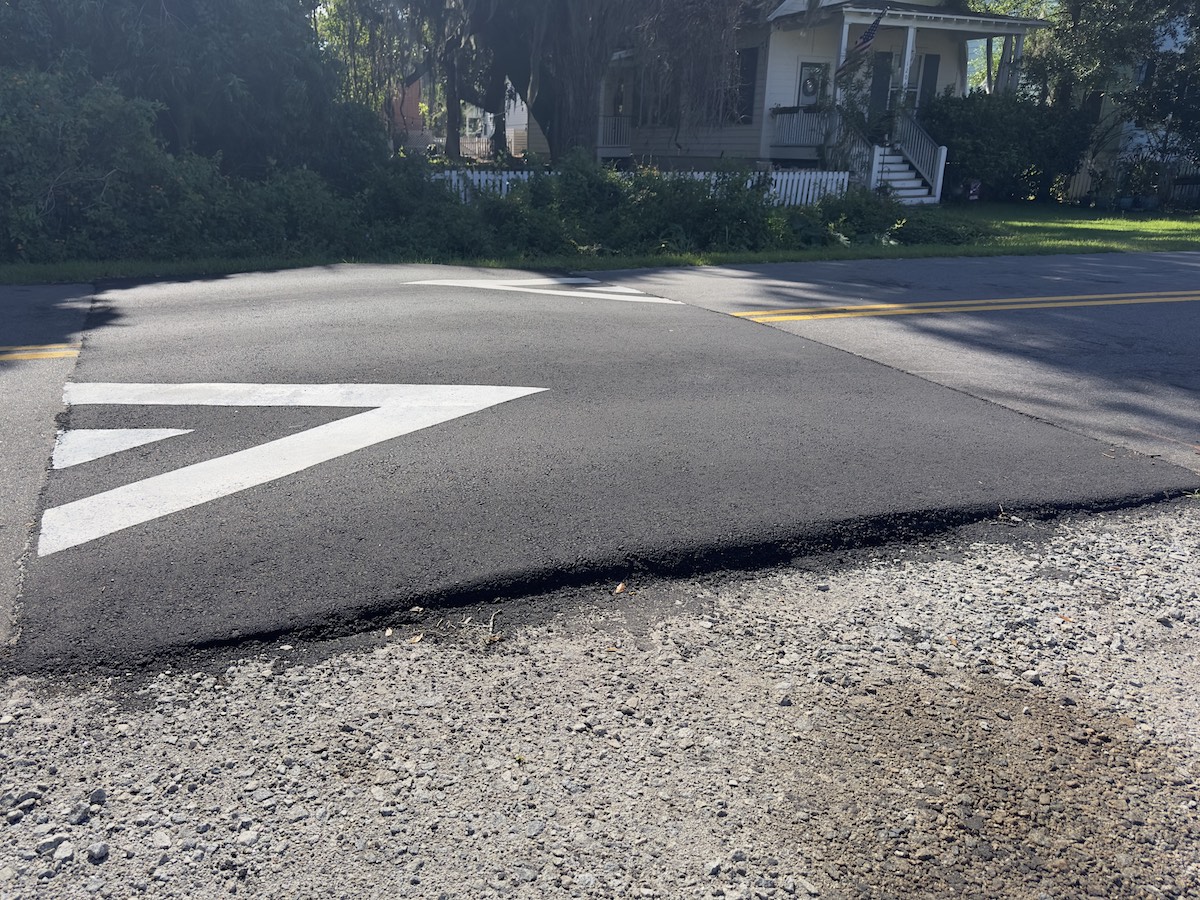Researchers from the University of East Anglia (UK) have developed a new urine test for prostate cancer which also shows how aggressive the disease is.
A new study published April 27, 2021 shows how an experimental new test called ‘ExoGrail’ has the potential to revolutionize how patients with suspected prostate cancer are risk-assessed prior to an invasive biopsy.
The research team say their new test could reduce the number of unnecessary prostate cancer biopsies by 35 per cent.
Prostate cancer is a most common cancer in men. It usually develops slowly and the majority of cancers will not require treatment in a man’s lifetime.
The most commonly used tests for prostate cancer include blood tests, a physical examination known as a digital rectal examination (DRE), an MRI scan or an invasive biopsy.
However, doctors struggle to predict which tumors will become aggressive, making it hard to decide on treatment for many men.
Lead researcher Dr Dan Brewer, from UEA’s Norwich Medical School, said: “While prostate cancer is responsible for a large proportion of all male cancer deaths, it is more commonly a disease men die with rather than from.
“Therefore, there is a desperate need for improvements in diagnosing and predicting outcomes for prostate cancer patients to minimize over-diagnosis and overtreatment whilst appropriately treating men with aggressive disease, especially if this can be done without taking an invasive biopsy.
“Invasive biopsies come at considerable economic, psychological and societal cost to patients and healthcare systems alike.”
When the urine results were compared to biopsy results, the study showed that the test had successfully shown which patients had prostate cancer and which did not.
The ExoGrail test also provided risk scores for patients and highlighted those for which an invasive biopsy would have been beneficial.
The findings show that using information from multiple, non-invasive biomarker sources has the potential to greatly improve how patients with suspected prostate cancer are risk-assessed prior to an invasive biopsy.
Dr Brewer said: “Our new urine test not only shows whether a patient has prostate cancer, but it importantly shows how aggressive the disease is. This allows patients and doctors to select the correct treatment. And it has the potential to reduce the number of unnecessary biopsies by 35 per cent.”
Paul Villanti, executive director of programs at Movember, a development supporter of the ExoGrail urine test said: “Having non-invasive tests which can accurately show how aggressive a man’s prostate cancer is not only reduces the number of men having to undergo painful biopsies, but also ensures that the right course of treatment for the patient is selected more quickly.”
For additional information read ‘Integration of Urinary EN2 Protein & Cell-Free RNA Data in the Development of a Multivariable Risk Model for the Detection of Prostate Cancer Prior to Biopsy’ (April 27, 2021) in the journal Cancers.
The University of East Anglia (UEA) is a UK Top 25 university and is ranked in the top 50 globally for research citations. Known for its world-leading research and good student experience, it was awarded Gold in the Teaching Excellence Framework and is a leading member of Norwich Research Park, one of Europe’s biggest concentrations of researchers in the fields of environment, health and plant science. www.uea.ac







